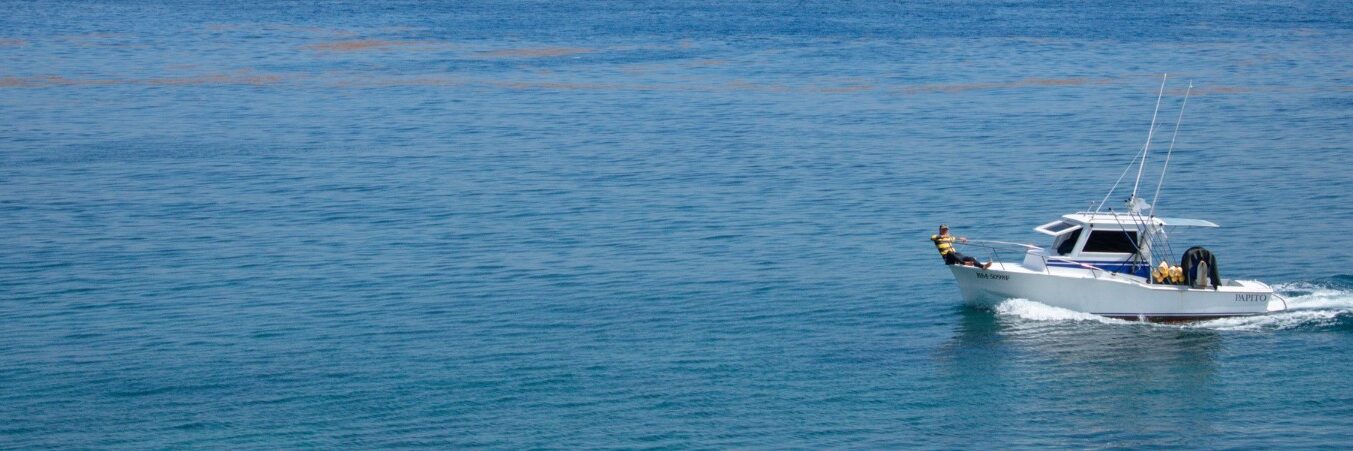Picture: stock
Darwin’s golden snapper population remains overfished and the Northern Territory Government is weighing up what to do about it.
A Golden Snapper Stock Assessment report that was just released reveals that the golden snapper population around Darwin is about a fifth of what it was, with mortality rates estimated to be more than double the rate considered sustainable.
The NT Government says with Darwin’s golden snapper population now classified as depleting, a “robust” recovery plan is needed.
Minister for Agriculture and Fisheries Gerard Maley slammed Labor’s inaction over the last eight years as “staggering” with no reports or data released or shared with amateur anglers.
“We will now work through the new data and make evidence-based decisions to address overfishing and help restore snapper stocks,” he says.
“There are a number of options available to improve stock numbers and all of these will be considered in detail with stakeholders.”
He says Fisheries NT will be charged with drawing up a recovery plan.
“We know how much Territorians love their fishing,” Maley says.
“We don’t want to limit access for fishos but we understand the critical importance of fish sustainability for future generations.
“Tomorrow’s fishing depends on the decisions we make today, and it’s essential that we strike the right balance,” he says.
Department of Agriculture and Fisheries Chief Executive Officer Andrew Kirkman says it is “crucial” to manage sustainable reef fish populations.
“Fishers can help recover stocks by taking a best-practice approach when out on the water,” he says.
Valued at around $1.3 billion annually, the agriculture and fisheries sector supports about 2400 jobs across the NT.
Recreational fishing is worth $144 million directly to the economy and another $126 million in related activity.
Inshore reef fish in the Greater Darwin Region remain under great pressure, the government says. Factors for this include:
- behaviour such as slow growth and late maturity;
- more advanced and effective fishing technology;
- low survival after release due to barotrauma and stress from capture:
- predators, and
- increasing numbers of amateur fishers.
A separate stock assessment for black jewfish is under way and due to be completed by the end of the year.





